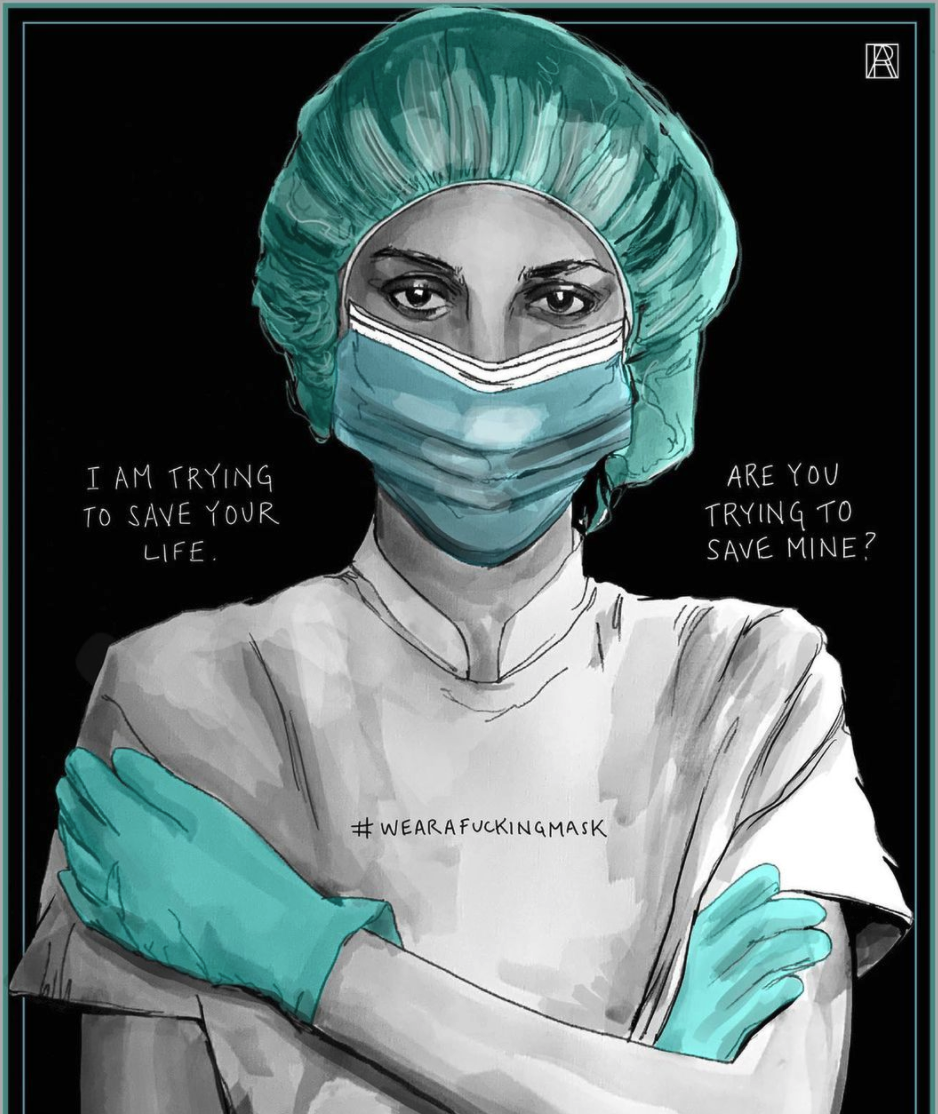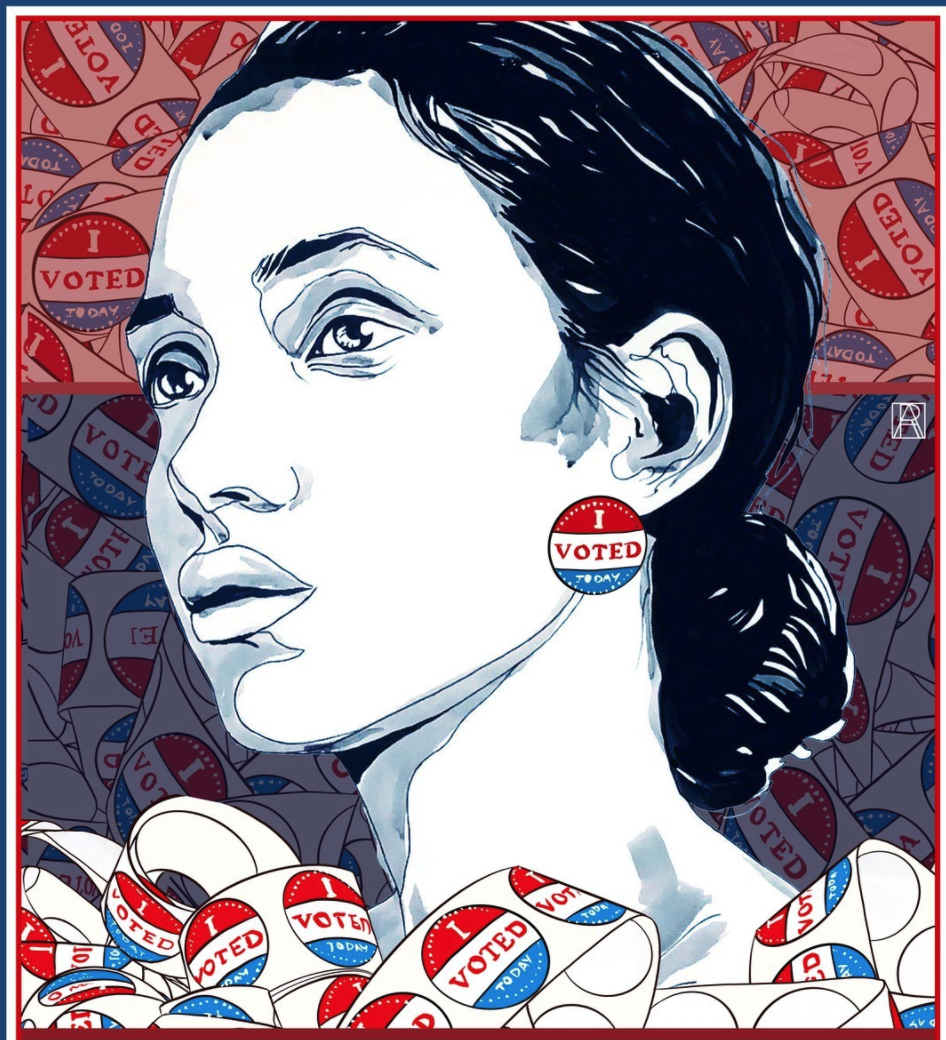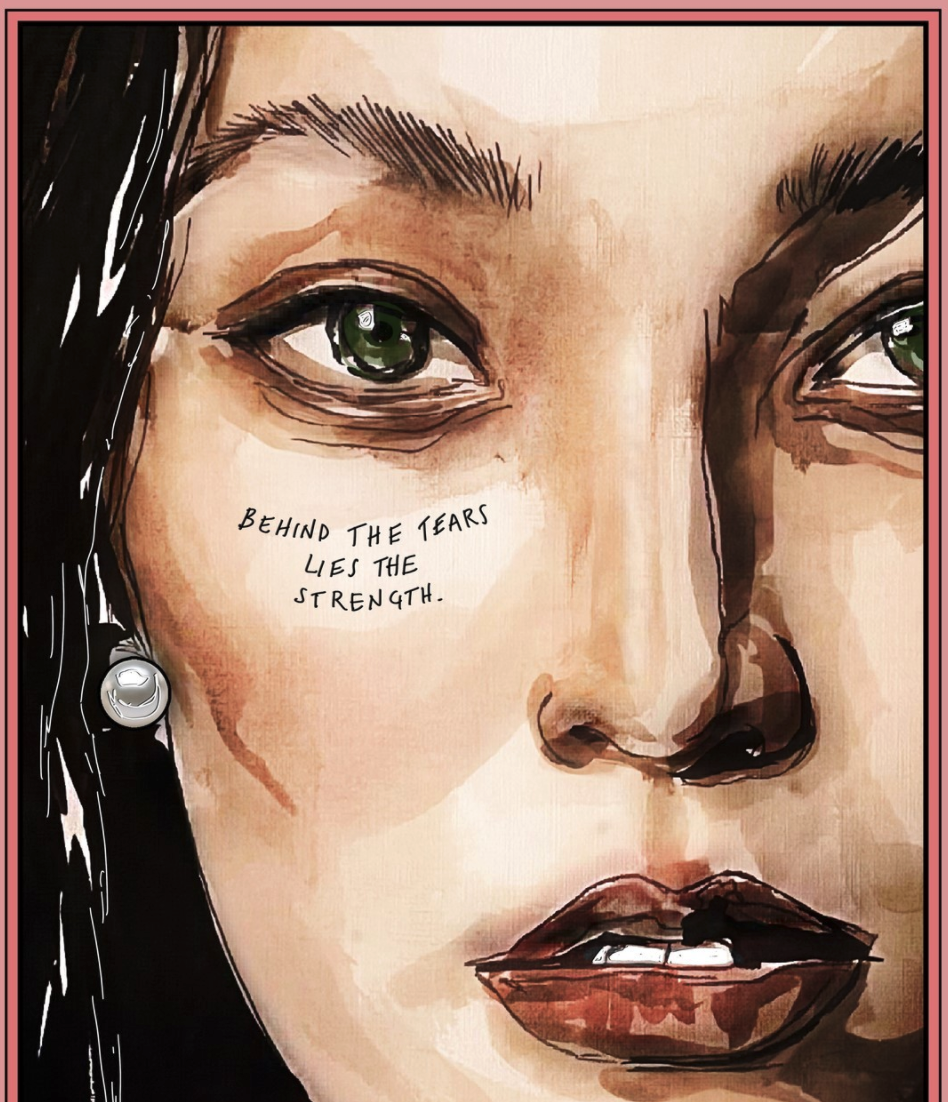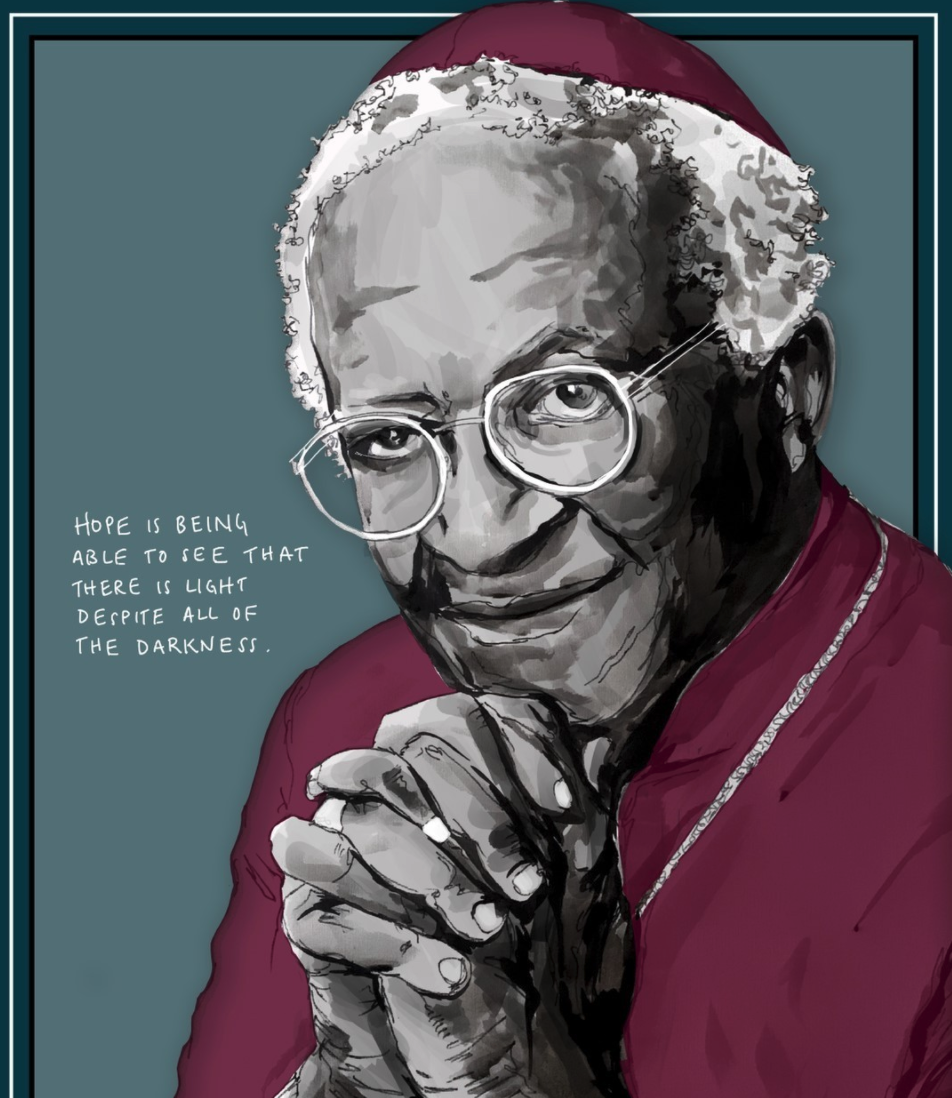Alex Rudin: Artist, Activist Creating Impact Through Aesthetic Force
“When we live in a world where vulnerability is seen as a detriment, rather than a strength, you don’t allow people of the society or the community to actually reach their full potential...”
Art in many ways I think can shape our worlds, perspectives, get us thinking, and more importantly have the power to impact us. That is exactly what Alex and I got to speak about during her interview.
In our hour and a half conversation, we covered many topics but the one that stayed with me the most was the idea or term, “aesthetic force.” Alex explained it to me as the idea that “a moment of art can shift your critical awareness round an issue where maybe talking with somebody, learning about it, or even reading about it never could. A term she picked up from author Sarah Lewis and something that stuck with her as she started another chapter in her artist journey. This time channeling her activist nature and her need to see change.
We spoke of everything from her own lens of presentation, what her art has taught her to what caused her to take her artwork along with the activist, political route.
You’ve said we live our lives through “a lens of presentation, a theatrical concept of personas.” What do you mean by that?
I'm trying to elicit the idea that we kind of all lives our lives through this theoretical concept of wearing a mask. We are constantly masking ourselves to be functional outside of society. You know, we don't live in a world necessarily, where we're allowed to feel what we feel. Whether you're a woman or you're a man, I think this is the case. You're constantly told to be this, to do that, to be something else other than who you are, or what you intrinsically feel. And that's an issue because I think that most of my work, I kind of try and pick up on this moment of irrefutable honesty and emotional impact, that moment where you can't hide how you feel.
Irrefutable honesty, emotional impact, not hiding how you feel, all of that speaks to vulnerability.
Our society is kind of set up in this way, whether it's, you know, because of capital capitalism, or the patriarchy, or all of these systems that are set in place, that emotional honesty is not something that is allowed. I actually just made a piece yesterday that I posted about vulnerability, because I really, genuinely believe that the only time that growth truly, truly happens is in times of vulnerability. And that's when you transcend yourself. That's when you go through rounds of yourself you didn't know existed or you thought you were capable of. When we live in a world where vulnerability is seen as a detriment, rather than a strength, you don't allow people of the society or the community to actually reach their full potential or be what they could be because you're emotionally cutting them off at the knees. We live in a society where emotional processing or the importance of emotions are not valued, it's all about the external. And the internal is the thing that allows people to transcend themselves. And that's what we all need.
We've talked about how art can cause us to reflect on ourselves. What has your artwork taught you about yourself and maybe your own lens of presentation?
My art continuously challenges me and I make a point of doing so with my work. I started making art because of personal struggles that I faced. I suffered pretty much my entire life from a very bad eating disorder and terrible dysmorphia. And I started making work to express myself and to essentially make the invisible visible for myself. Mental health all lives in your brain. That's why a lot of people can't tell. I think that the role of art is to be brutally honest. It’s my outlet for expressing myself, I may not be someone who's super talkative with my friends about my feelings or anything like that, but I use my art as that vehicle to get out my thoughts and feelings. My art has taught me about my own struggles with an eating disorder and that my value has nothing to do with my body, zero. What I've learned is that my value has everything to do with what I can make with my hands, what I can write, or what I can conceptualize, and with what I can do to help other people along their journeys or processes within the activist or humanitarian community, that's where my power lies. That's where I gain confidence.
Looking through your work you’ve also done a lot of politically charged pieces as well.
So that's really something that kicked off because of COVID. I have always been a very activist minded person. COVID, New York was hit first, you know, terribly. The death toll was rising, people on the street without shelter, food, and all of these things, and I was like, I can't just sit here and watch this. I have to try and do something that'll help. The tool in my arsenal was art. So I made an auction, a series of six or seven paintings to auction off to raise money for the homeless in New York City. And it went really well. Then immediately after that were the murders of George Floyd, Breanna Taylor and Ahmed Aubrey. So I kind of followed suit and did a similar thing. I made, “I'm George Floyd” poster and auctioned off and donate 100% of the proceeds to Black Lives Matter organizations. Then the election really started to kick off and I was like, guns blazing. I got really involved in making political work and working with organizations like Women, for Biden, Harris, and I got started doing partnerships on Instagram, and really trying to like, dedicate my work to galvanizing the female vote for for the Biden Harris ticket. And in doing so, I kind of fell into something that I loved. I started partnering with a couple of human rights organizations and so I started doing work with them. Then I kind of been plugged into different networks of nonprofits, human rights, and started building this big network around human rights and humanitarian art. And it has been the most amazing ride and journey and I'm so, so lucky that I ended up where I am.
What are some best tips to give to artists that are trying to find their own paths?
The first thing I'm going to say is, it's not easy. I think that if you want to go into the arts, you have to think, do I want to be a part of that? Or do I want to be part of something else. And not to say that if you choose something else, you can't be a part of the arts. I did a lot of gallery shows, and I like working with galleries, there is a type of clout. I really do believe in, and value art education, and I would tell people who have the means and the ability to go to art school. I think that art school teaches you how to think critically, to think conceptually, to think like an artist, to think outside the box and make concepts and projects that take it a step further. And I think that's where the value from art school comes in and connections and the people you meet.
I would also say that you really have to find your story. So if you want to be an artist, why? That's my biggest question. When people come to me and ask me advice and for me to help them or look at their portfolios and all of these things. It’s so important and a basic thing to ask yourself, why? Are you trying to become an artist because you think it's romantic, bohemian and glamorized? Because that's what we are fed what artists are like, you know, they're messy, irresponsible, they don't do things on time, they stay up all night and sleep all day, all of these things that are just essentially not true of any working artists, I know. You have to look at this like it’s a job, you know, there's a difference between a hobby and a job.
Find more of Alex Rudin’s work and stay update on her latest pieces by visiting her website and her Instagram.






